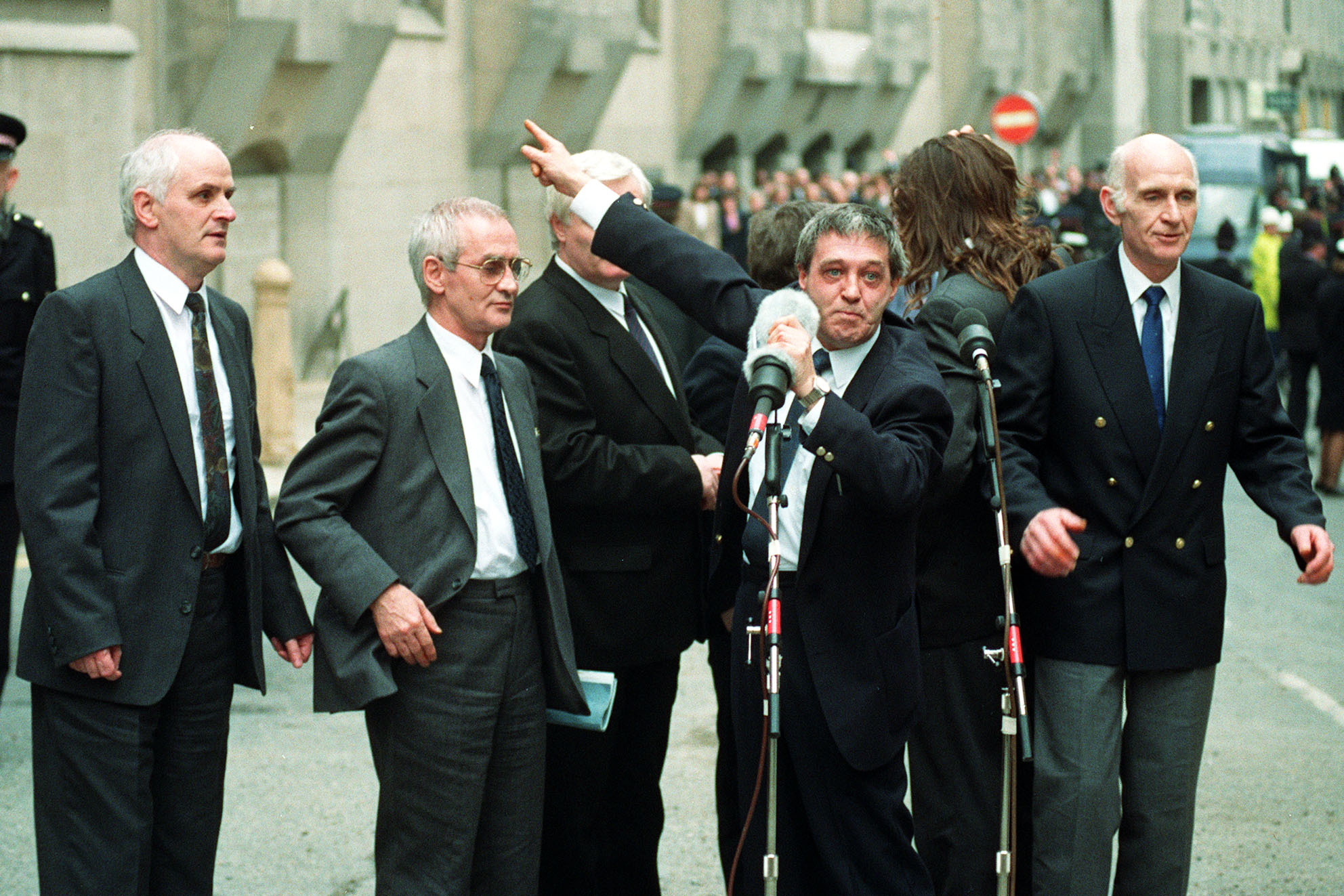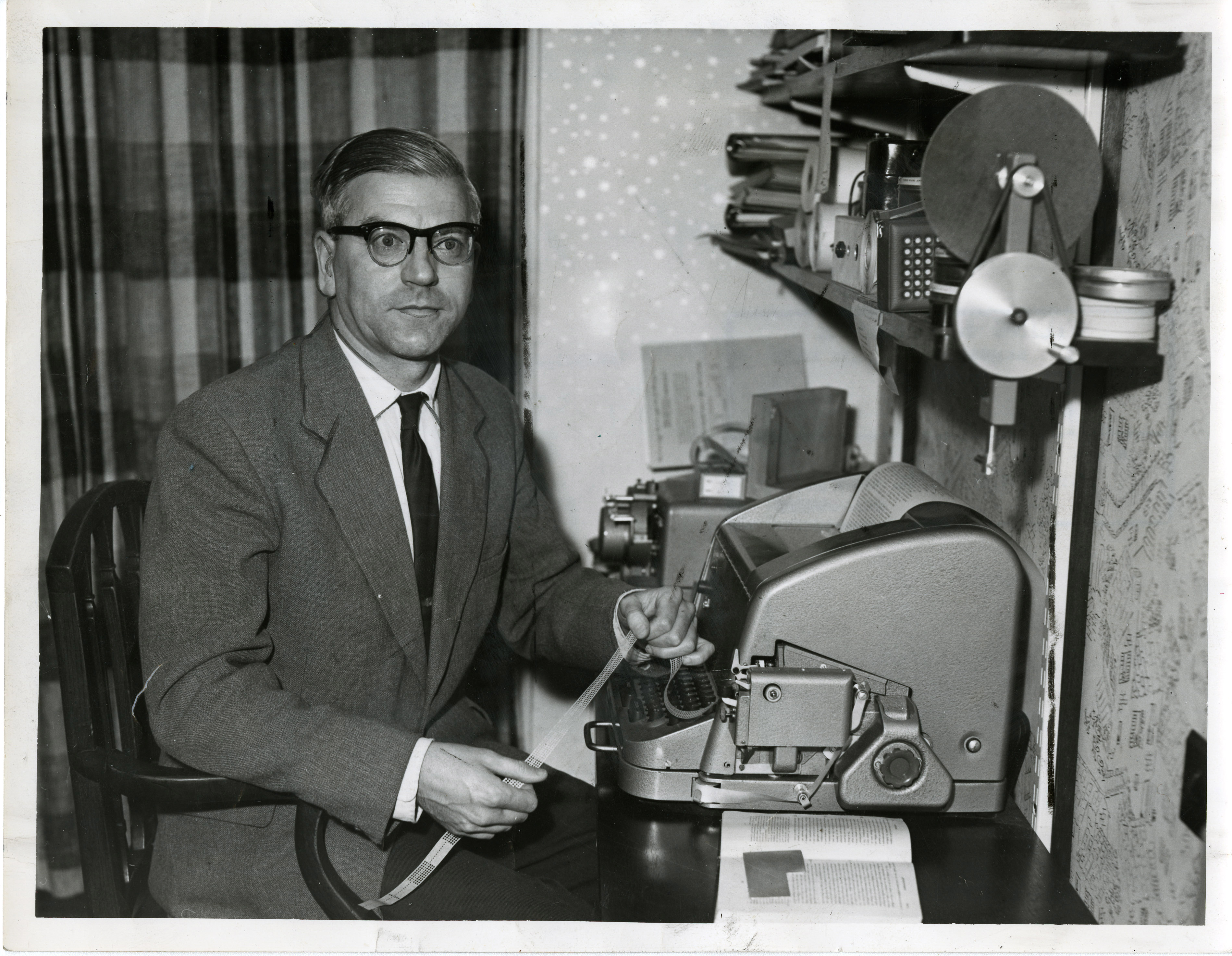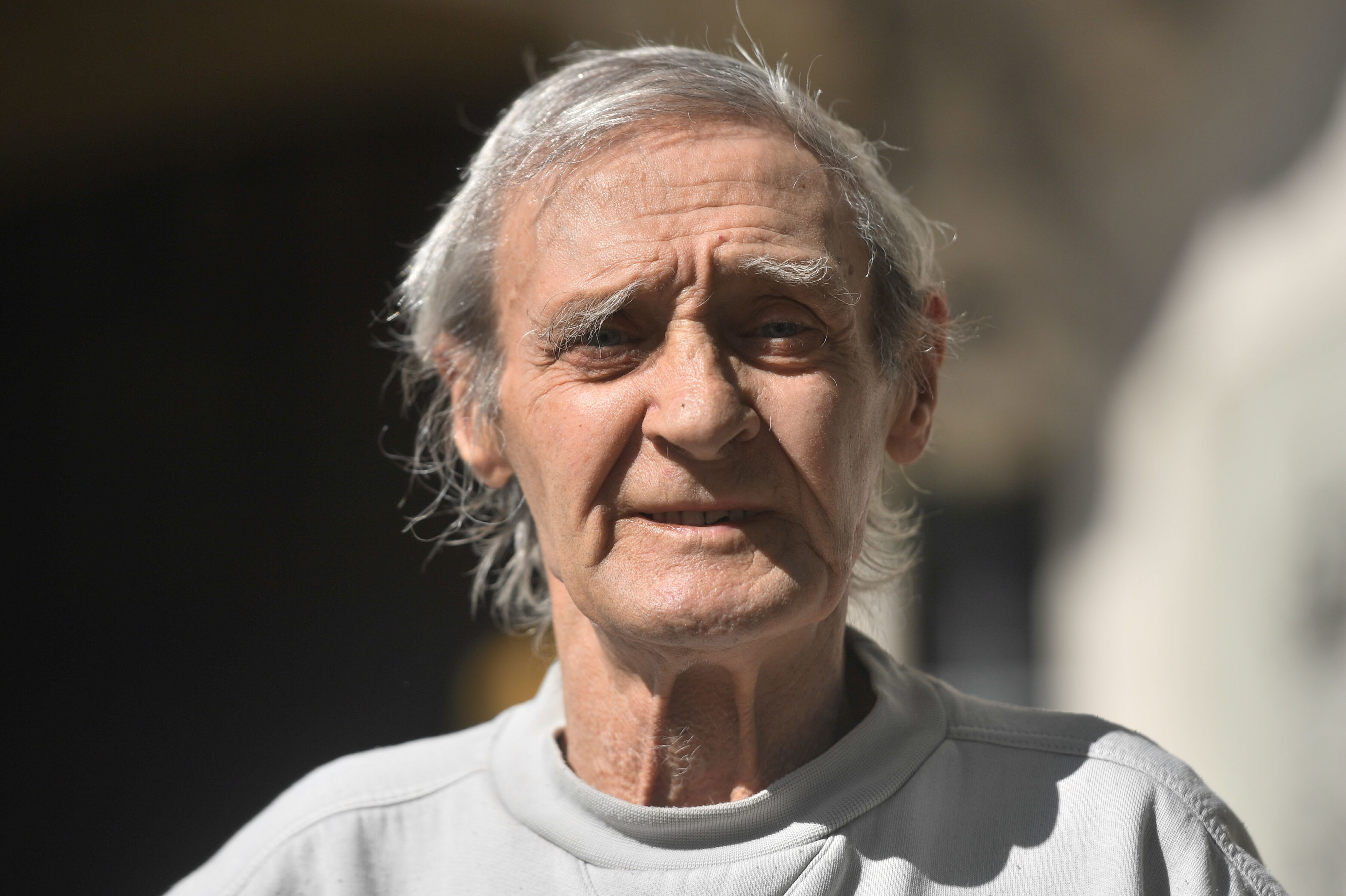
ONE of the Birmingham Six has paid tribute to a Scots minister who helped clear their name
The specialist evidence of Andrew Q Morton, who has died aged 99, cast doubt on evidence against Paddy Hill and the other five men convicted of the IRA bombing in 1974.
His expert scrutiny of the language used in police statements helped overturn a number of notorious convictions including those of the Birmingham Six and the Guildford Four.
The Church of Scotland minister pioneered stylometry, a technique that uses linguistic style to help establish the authorship of anonymous or disputed documents.
Mr Hill, who lives in Ayrshire, was one of the Birmingham Six, freed after 16 years in 1991 after their convictions for the murder of 21 people in two city pub bombings in November, 1974, were quashed.
Last week, he paid tribute to Rev Morton.
“He was a wonderful man and if it wasn’t for his expertise, I would still be in prison.”
At the Birmingham Six appeal, tests showed statements made by the accused were later altered by the West Midlands Serious Crime Squad.
“Andrew Morton’s techniques showed, without a doubt, that police had manipulated documents, and they had added to statements,” Mr Hill said.
“This was vital in overturning our convictions.
“His groundbreaking work enabled us to prove our innocence beyond a shadow of doubt.
“We need more people like him, who are not afraid to stand up to the system, and for justice.
“I will be forever grateful to him.”
The Rev Morton also provided vital evidence at successful appeals by the Guilford Four and in the Carl Bridgewater case.
The Guildford Four – three men and a woman – were convicted of two pub bombings carried out by the IRA in the Surrey town in 1974. Four soldiers and one civilian were killed. Sixty-five people were wounded.
In October, 1989, the convictions were quashed after being declared “unsafe and unsatisfactory”.
It was shown hand-written and typed notes from original police interviews had been heavily edited. Deletions and additions had been made, and the notes had been rearranged.
In February, 1997, after almost two decades of imprisonment, the convictions of a group of men known as the Bridgewater Four were overturned after they had been found guilty of killing 13-year-old paperboy Carl Bridgewater in Stourbridge, West Midlands.
The Court of Appeal ruled the original trial had been unfair due to areas of evidence being fabricated by police.
Born in Tollcross, Glasgow, Rev Morton was ordained in the Church of Scotland in 1948 and moved to Fraserburgh, Aberdeenshire, then Culross in Fife, with late wife, Jean.
Rev Morton passed away on December 31 and he is survived by his three children and four grandchildren.
His son Alan said he is proud his father’s work in exposing major miscarriages of justice has left a lasting impression.
“In the Carl Bridgewater appeal, dad helped show statements to the police had been changed and added to after they had been taken,” he said.
“My father took up the case of the underdog and the picked-upon, and the family is very proud that his legacy will carry on.”
Alan added: “As well as his work within the legal system, dad did very well by the parish. He was very helpful to local people on an individual basis and did his very best for them.”

Enjoy the convenience of having The Sunday Post delivered as a digital ePaper straight to your smartphone, tablet or computer.
Subscribe for only £5.49 a month and enjoy all the benefits of the printed paper as a digital replica.
Subscribe
